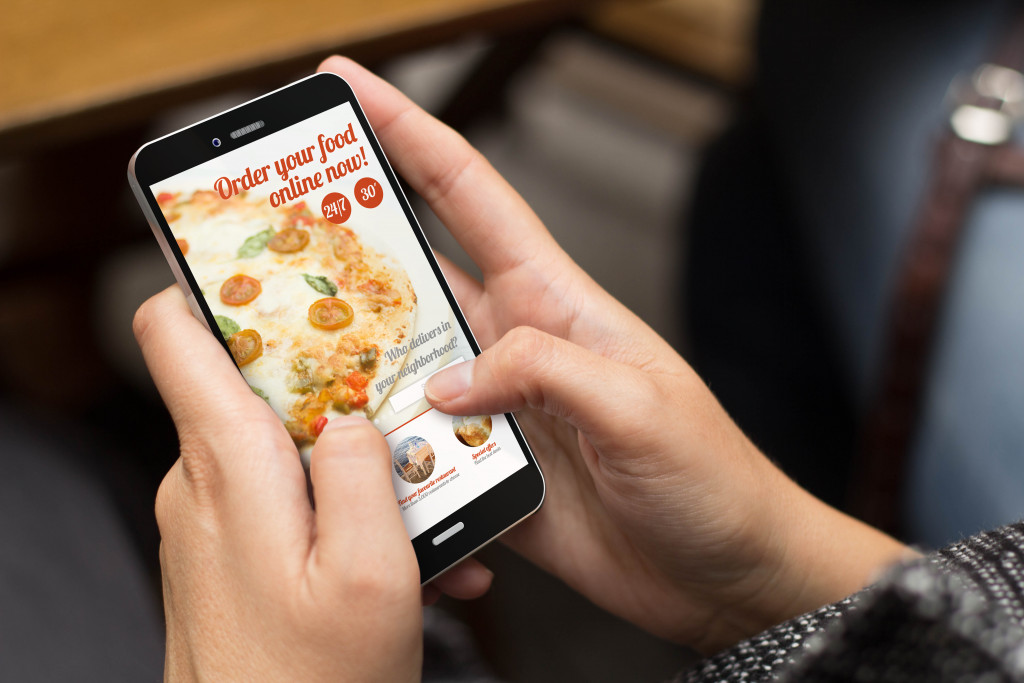The COVID-19 crisis has disrupted almost all businesses across various industries. Unfortunately, some big companies and small and medium-sized (SME) enterprises that temporarily closed last year have not managed to reopen. The challenges brought about by the pandemic have led these businesses to close for good.
But according to the US Chambers of Commerce, some industries have thrived during the pandemic. On top of the list is the delivery service, which makes absolute sense. As the crisis has led individuals and families to stay indoors, they have relied on food delivery services.
As such, it’s never too late to launch a food business in this pandemic. However, there are a few considerations to make before taking the plunge. That said, here are crucial factors to consider when starting your food delivery service:
1. Business Permit
When launching a business, the initial step to take is to secure a business license. Be sure to ask your local authorities what the requirements are. Unless you run a restaurant and capitalize on the delivery service, you don’t need to get a permit.
Ultimately, securing a business permit ensures you’re running a legitimate business. Doing so will prevent you from having liabilities, incurring penalties, and getting legal ramifications.
2. Required Resources
Starting a food delivery service comes with a handful of required resources. You must set these in place before launching your business. Here are things you must consider:
- Food supply: As a food delivery service, you must ensure a consistent food supply. Of course, it depends on what kinds of foods you’re delivering. It’s best to deal with highly reliable suppliers for your raw ingredients. That way, you can keep up with your food orders daily.
- Vehicle: Make sure that it’s in top shape and working condition to promote road safety and avoid accidents. You can either use your own car if you choose to deliver the food yourself. Or you can work with a driver and his private vehicle for your delivery service. For the latter, it’s best to come up with a contract agreement.
- Stock room: This room serves as the place where you’ll stock your supplies and even prepare food for your business. If you already have a restaurant, you won’t have to worry about your stock room. But if you run an online delivery service, you must allocate a space in your house for supply stock and food preparation.

3. Operating Costs
When starting a business, you need an amount of money for the capital outlay. These expenditures may include property lease or construction, vehicle use, tools and equipment, food supplies, and the initial salary payments for hired workers and drivers.
The best course of action is to check your finances and set a critical budget for all operating costs. You can also seek funding from a bank or lender, like applying for a small business administration (SBA) loan.
4. License and Insurance
Apart from securing a business license, you must also ensure that your drivers have a driving license. Of course, this is a top priority if you’re running a food delivery service. The last thing you want to happen is for your drivers to get caught without a license or with an expired one.
In addition, ensure that they have insurance, most especially if they are high-risk drivers. If you choose to deliver the foods yourself, it’s best to secure car insurance for high-risk drivers. As you’ll be hitting the road every day, you need the utmost protection.
5. Service Promotion
Before even launching your food delivery service, start your service promotion. When it comes to this, digital marketing is key. It has never been this important, given the COVID-19 pandemic. Below are online marketing strategies to employ:
- SEO: If you run an online food delivery service with a business website, implement search engine optimization strategies for online visibility. You can do this by improving your website, integrating keywords into your content, and building backlinks. Also, optimize your site and content for the local search. That way, your local clients can easily and quickly find your business online.
- Email marketing: To introduce your food delivery service, resort to email marketing. Be sure to conduct research and perform due diligence. Once you’ve generated qualified leads, send your prospects promotional emails offering your food delivery service.
- Social media marketing: Utilizing social media channels is one of the best ways to promote your food delivery service business. Make sure to create a business page, whether on Facebook, Instagram, or even TikTok. Also, use socials to accept orders and communicate with your customers. You’ll be surprised at how social media can take your business up a notch!
At this point, you now know what to consider when launching a food delivery service in this pandemic. Take note of the following factors: business permit, resources needed, operating costs, license and insurance, and marketing and promotion. With all these in mind, you’ll set your food delivery business on the right footing. Not only will it boost your profit, but it will also help cater to the needs of people amidst the pandemic.
